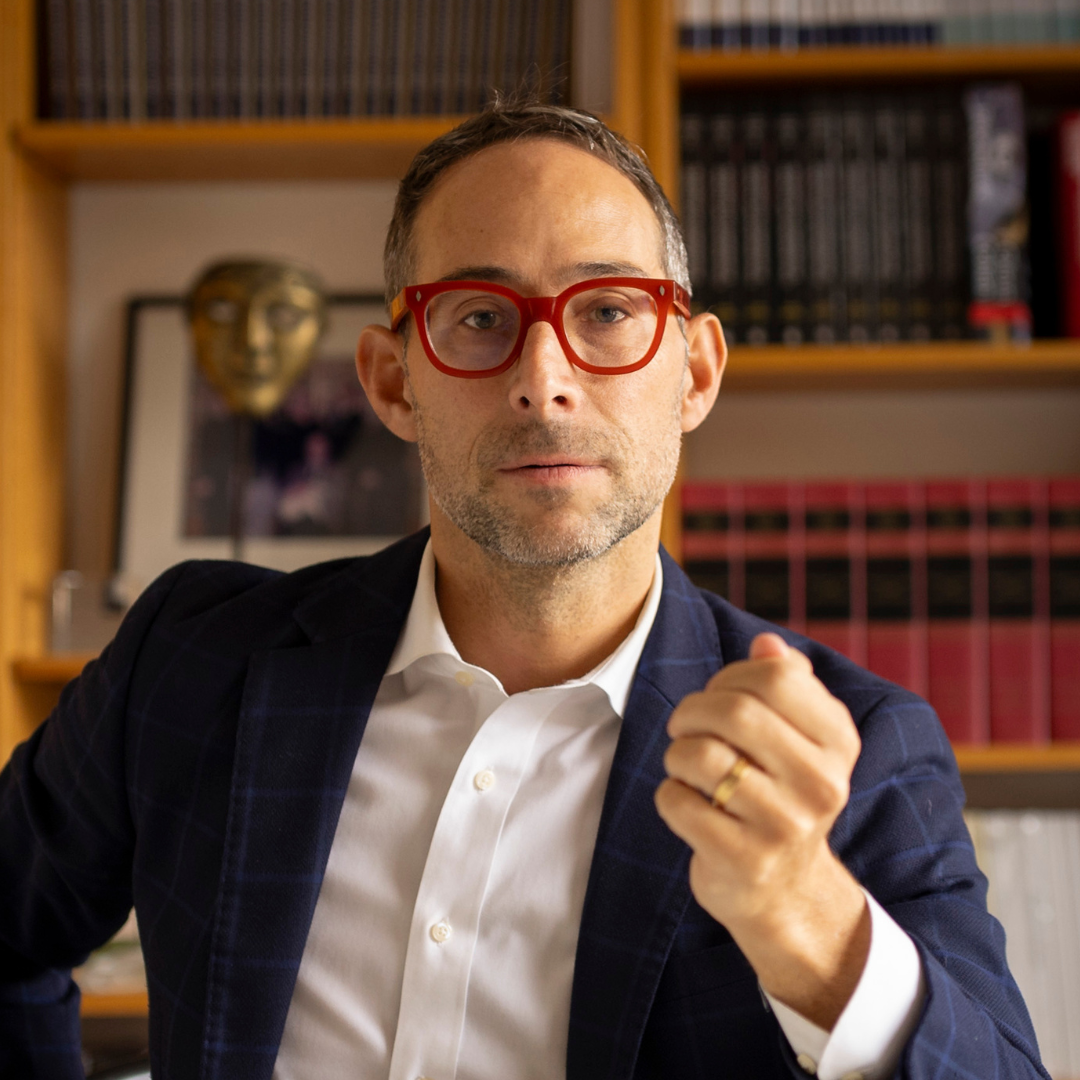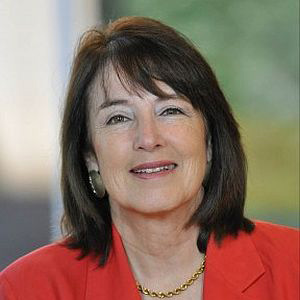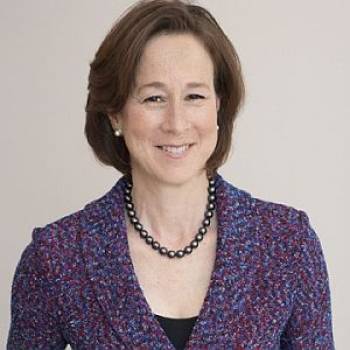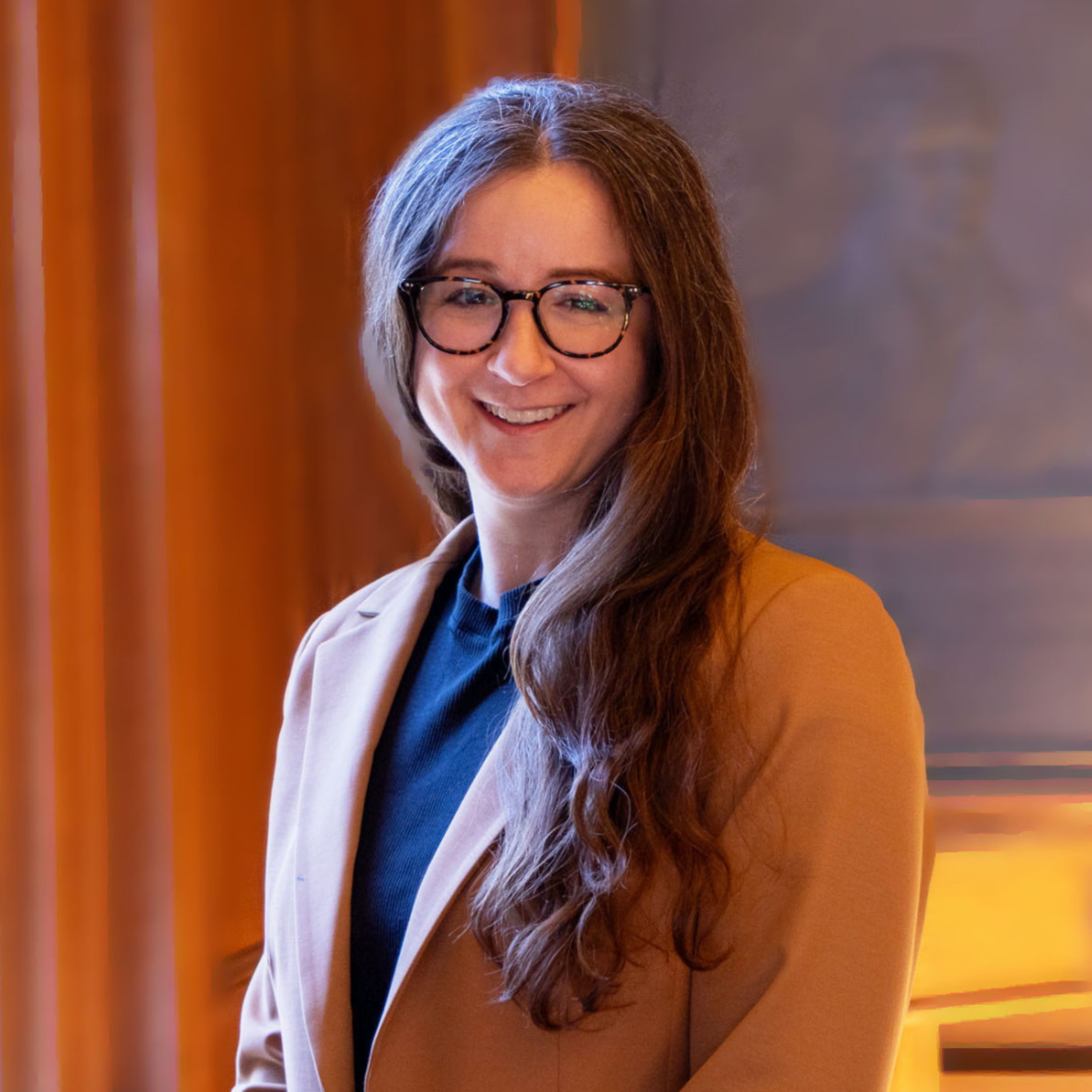Project on Law and Applied Neuroscience
Overview
The Project on Law and Applied Neuroscience, launched in 2014, is a collaboration between the Massachusetts General Hospital Center for Law, Brain and Behavior (CLBB) and the Petrie-Flom Center. The collaboration includes a Senior Fellow in residence, public symposia, and a Law and Neuroscience Seminar at Harvard Law School taught by the Hon. Nancy Gertner. For more information, see the full press release on the launch of the program.
Current Area of Inquiry
Stephanie Tabashneck, PsyD, Esq., is a forensic psychologist and attorney in Boston. She is the fifth Senior Fellow in Law and Applied Neuroscience. Her practice areas include substance use disorders, juvenile justice, and criminal forensic evaluations. Stephanie presents regionally and nationally on psychology and law topics, including at events organized by the American Bar Association, the Federal Judicial Center, the American Psychiatric Association, the Association of Family and Conciliation Courts, the Massachusetts Trial Courts, and the New York Office of Attorneys for Children.
As Senior Fellow, Stephanie focuses on substance use and addiction within the context of judicial and legal education. Addiction is an area within the legal sphere that is rampant with misinformation and myths that impede appropriate care and contribute to poor outcomes. Through access to quality, science-based information and knowledge about substance use, many court practitioners are open to shifting their thinking and to approaching these challenging cases in a more evidence-based and effective manner. Stephanie will support this work through scholarly writing, convening leaders in the field, and organizing public panels.
Past Areas of Inquiry
2020–2021 Area of Inquiry: Dementia and the Law
Elyssa Spitzer, JD was the fourth Senior Fellow in Law and Neuroscience. Elyssa was a Justice Catalyst Legal Fellow at the Center for Reproductive Rights, where her work focused on developing new legal theories for protecting and advancing reproductive rights and justice. Prior to CRR, Elyssa led a legal research project surveying U.S. criminal law and developing national performance benchmarks for the criminal justice system as a Senior Legal Researcher at the nonprofit Measures for Justice. Elyssa clerked in the United States District Court for the Eastern District of Louisiana and received her JD from Harvard Law School.
As Senior Fellow, Elyssa conducted original research, mentoring, policy work, and public engagement on legal issues related to uses of force against juveniles. Building on the major insights of Dr. Lisa Feldman Barrett’s research, this project explored what shapes the ways in which an officer on the scene perceives and responds to a juvenile or emerging adult suspect, and what those findings indicate about the “objectively reasonable” legal standard. The project aimed to bridge the gap between neuroscience and legal doctrine governing excessive force, in order to better inform how the criminal legal system acts upon and perceives juveniles and emerging adults. This research could have important implications for legal standards governing, and policy measures intending to limit uses of force.
2018–2020 Area of Inquiry: Dementia and the Law
Francis X. Shen, PhD, JD was the third Senior Fellow in Law and Neuroscience. Shen is Executive Director of the Center for Law, Brain & Behavior at MGH; an Associate Professor of Law and McKnight Presidential Fellow at the University of Minnesota; and Executive Director of Education and Outreach for the MacArthur Foundation Research Network on Law and Neuroscience. During his time as Senior Fellow, he pursued original research, mentoring, and public engagement on legal issues related to the aging brain, dementia, traumatic brain injury, and the law. Activities included expert symposia and public events to promote focused discussion on how the law can more effectively respond to aging brain issues including dementia and traumatic brain injury.
Learn more about Professor Shen’s work at the Project on Law and Applied Neuroscience by watching the events he has organized!
- Panel: Detecting Dementia: Technology, Aging Brains, and the Law, April 1, 2020
- Panel: The Next Frontier of Juvenile Justice, February 26, 2020
- Panel: Computational Justice: How Artificial Intelligence and Digital Phenotyping Can Advance Social Good, October 23, 2019
- Panel: The Neuroscience of Hate, April 10, 2019
- Panel: Trauma at the Border, March 4, 2019
- Conference: Our Aging Brains: Decision-making, Fraud, and Undue Influence, April 28, 2018
- Panel: How to Fix Youth Sports Concussion Laws: A Neuroscientific Perspective, April 11, 2018
- Panel: Crimes of Passion: New Neuroscience vs. Old Doctrine, April 9, 2018
- Panel: Dementia and Democracy: America’s Aging Judges and Politicians, November 15, 2017
- Lecture: The Neurolaw Revolution: A Lecture by Francis X. Shen, September 13, 2017
2015–2017 Area of Inquiry: Adolescence, Juvenile Justice, and the Law
Robert Kinscherff, PhD, JD was the second Senior Fellow in Law and Neuroscience. Kinscherff is a senior administrator and doctoral clinical psychology faculty member at William James College, faculty at the Center for Law, Brain and Behavior at Massachusetts General Hospital, and Senior Associate at the National Center for Mental Health and Juvenile Justice. He pursued original research, mentoring, and public engagement related to issues of neurodevelopment and juvenile justice, which included expert symposia and public events to promote focused discussion on questions at the intersection of adolescent neurodevelopment, juvenile justice, and the law.
Learn more about Professor Kinscherff’s work at the Project on Law and Applied Neuroscience by watching the events he organized around the subjects of adolescence, juvenile justice, and the law!
- Film screening and panel discussion: Healing in the Wake of Community Violence: Lessons from Newtown and Beyond, April 18, 2017
- Panel discussion: Opiate Regulation Policies: Balancing Pain and Addiction, April 3, 2017
- Panel discussion: Half A Life: Legal and Policy Implications of Releasing Youth Incarcerated for Murder, November 15, 2016
- Conference: Federal Judicial Center Workshop on Pretrial Justice: What Works and Why, September 26-28, 2016
- Panel discussion: Battling Blood in the Streets: How Can Neuroscience Promote Public Health and Support Public Policy to Prevent Community Violence?, September 7, 2016
- Panel discussion: Boys to Men to Boys, April 13, 2016
- Panel discussion: Fetal Pain: An Update on the Science and Legal Implications, February 10, 2016
- Lecture: Should the Science of Adolescent Brain Development Inform Legal Policy?: A lecture by Laurence Steinberg, PhD, November 13, 2015
- Panel discussion: From Troubled Teens to Tsarnaev: Promises and Perils of Adolescent Neuroscience and Law, September 28, 2015
2014–2015 Area of Inquiry: Pain and the Law
In fall 2014, Amanda C. Pustilnik was the inaugural Senior Fellow for Law and Applied Neuroscience. Professor Pustilnik, who is currently Professor of Law at the University of Maryland Carey School of Law, addressed the practical and theoretical applications that the new science of brain imaging technologies can and should have for law, particularly when those technologies are applied to issues of pain. Questions addressed in her work and the events she organized included: How should pain neuroimaging be handled as a matter of expert evidence in state, federal, and administrative proceedings? What doctrinal changes, if any, should occur in disability law to account for the ways in which chronic pain can become a central nervous system disorder? Tort law currently compensates physical and psychiatric or emotional injuries differently; if chronic pain is a subjective experience rooted in brain dysfunction, is the ongoing pain of an injury meaningfully different from a psychiatric harm?
Learn more about Professor Pustilnik’s work at the Project on Law and Applied Neuroscience by watching the events she organized around the subjects of pain, brain imaging, and the law!
- Conference: Visible Solutions: How Neuroimaging Helps the Law Re-envision Pain, June 30, 2015
- Panel: Moral Decisions and the Law: What’s the Brain Got to Do with It?, April 8, 2015
- Panel: The Policeman at the Elbow: The Neuroscience of Addiction, Self-Control, and Criminal Responsibility, March 4, 2015
- Panel: A Dialogue on Agency, Responsibility, and the Brain, with Stephen Morse, February 12, 2015



